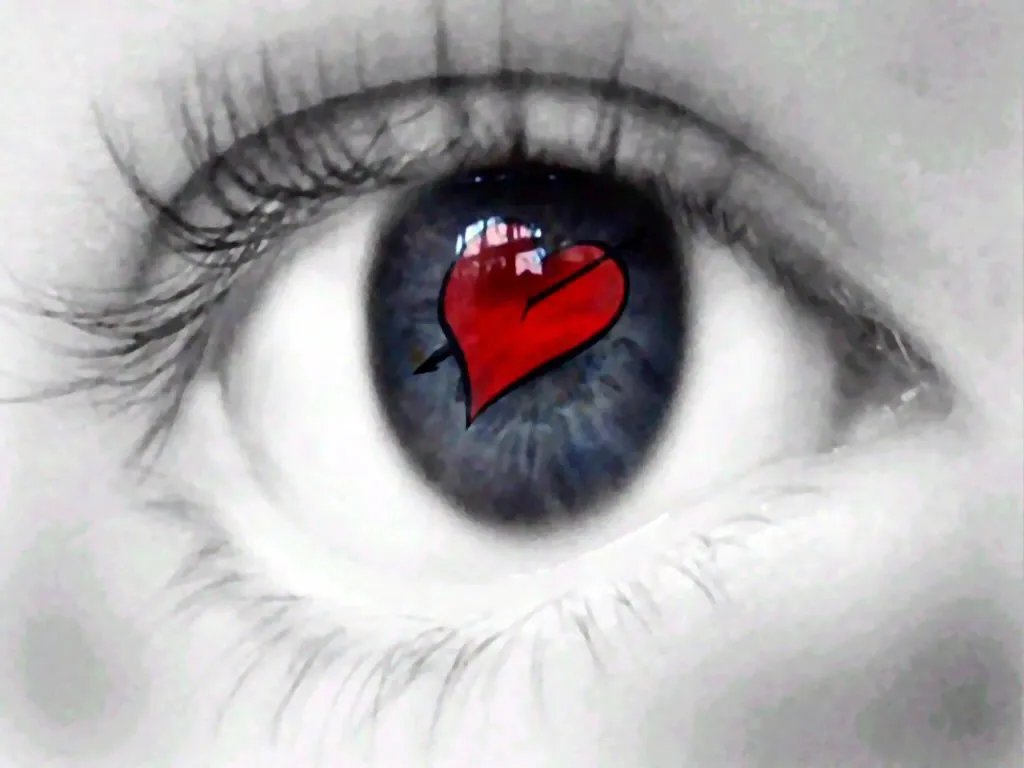In people with type 1 diabetes, high levels of blood glucose can eventually damage blood vessels in the eye, kidney, heart and other organs, but damage can be inflicted by different biological mechanisms in different organs.
Scientists from the Joslin Diabetes Center, in Boston, Massachusetts, United States, have now shown that similar mechanisms can also be working in the eye and heart, giving valuable clues that eventually help develop therapies that stop complications.
People with chronic kidney disease have a much higher risk of cardiovascular disease, the main cause of death for people with type 1 diabetes. In an article published in Care Diabetes, Joslin's team showed that the ocular condition known as proliferative diabetic retinopathyIt is also linked independently with cardiovascular disease.
"This is an unexpected finding -says George King, senior vice president and scientific director of Joslin and professor at Harvard's Faculty of Medicine, in the United States." It suggests that the biological factors that protect or increase damage to blood vessels are sharedBetween the eye and the cardiovascular system, but they can be different from those that affect the kidney. "
The identification of this connection raised a particular challenge, since people with type 1 diabetes who have chronic kidney disease also usually have severe ocular damage, says King, author of the article.When researchers Joslin observed the records of hundreds of participants in the Joslin Medalist program, which characterizes the people who have had the disease for more than 50 years, they were able to detect 30 people without severe ocular disease, but with chronic kidney disease.
Given the presence of kidney disease, researchers expected these people to also experience significantly higher rates of cardiovascular pathology than other people without renal disorder."But surprisingly, that group does not show much increase in cardiovascular disease," King emphasizes.
high glucose does not harm all blood vessels equally
The main author of the article, Daniel Gordin, confirmed the discovery in Medalist in a separate cohort of people with type 1 diabetes, the study ‘Finnish Diabetic Nephropathy’ (‘Finndiane’).Started in 1997, the analysis has collected detailed genetic and physical data on more than 5,500 people, Gordin, principal researcher of the Dianne Nunnally Hoppes laboratory, which is directed by King.
Gordin examined complications in people with at least 25 years of diabetes, at which time renal disease usually occurs in disease prone, discovering that the results were very similar to those found with those of Medalist."This study is a beautiful example of collaboration between two diabetes centers worldwide, with Joslin Medalist and our Finnish cohort," says Gordin.
"Studies like these take 10 or more years to be held," King adds. "Without this ability to collaborate, we could have had to wait ten years to confirm our finding."The study also confirmed another evidence that high blood glucose levels do not injure all blood vessels in the same way.
The nerve damage between patients with type 1 diabetes does not show the same links with cardiovascular diseases as eye damage, which suggests a close connection between eye and cardiovascular damage.Among the next steps, scientists will analyze images of the heart of several Medalist groups to look for more detailed links between the damage to the heart muscles and the damage to other organs."We hope you give us the following set of clues to understand and protect against these complications," concludes King.



